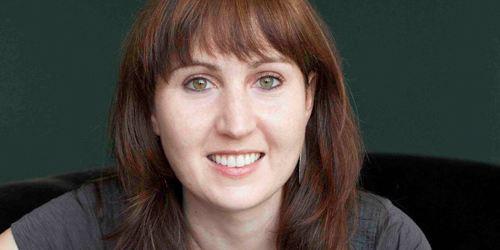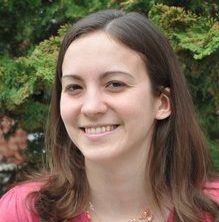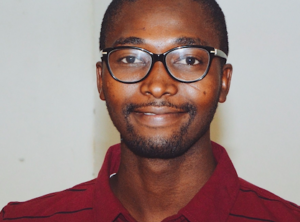All humans have certain genes that cause or predispose them to various diseases. In the ideal medical future, scientists will have hyperfast gene analyzers able to sequence anyone’s DNA in a matter of minutes. In that future, a patient could have his entire sequence of DNA screened for mutations that cause or predispose him to disease, and health care would be truly individualized to fit the genetic profile of each patient. But science isn’t yet able to make this future a reality; DNA sequencing remains too time-consuming and expensive to allow for such completely individualized medicine. In the meantime, scientists have discovered a useful shortcut: race and ethnicity. Many genes vary across racial and ethnic lines. Geography is linked to genetic variation, and people who have the same geographic ancestry are more likely, on average, to be genetically similar than people who do not. Although there is no gene for “race” or “ethnicity,” many genes do occur in different ethnic groups at different frequencies. This means that doctors can use a patient’s race or ethnicity – indicators of geographic ancestry – to make inferences about his genes, including his likelihood of developing specific diseases. Today’s Ashkenazi Jews are appealing research subjects because they are both genetically interesting and culturally willing. For the past half-century, Jewish communities have been getting the genetic scrutiny other populations can expect in the future. Such research has helped scientists make significant headway in diagnosing, treating, and preventing certain genetic diseases. But as the research studies continued, some Jewish communities began to worry about their implications. Lessons learned from the participation of American Jews in genetic research will be important for and applicable to many ethnic groups as the approach expands.
The Chosen Genes: Jews, Genetics, and the Future of Ethnic Medicine

Today’s Ashkenazi Jews are appealing research subjects because they are both genetically interesting and culturally willing.




